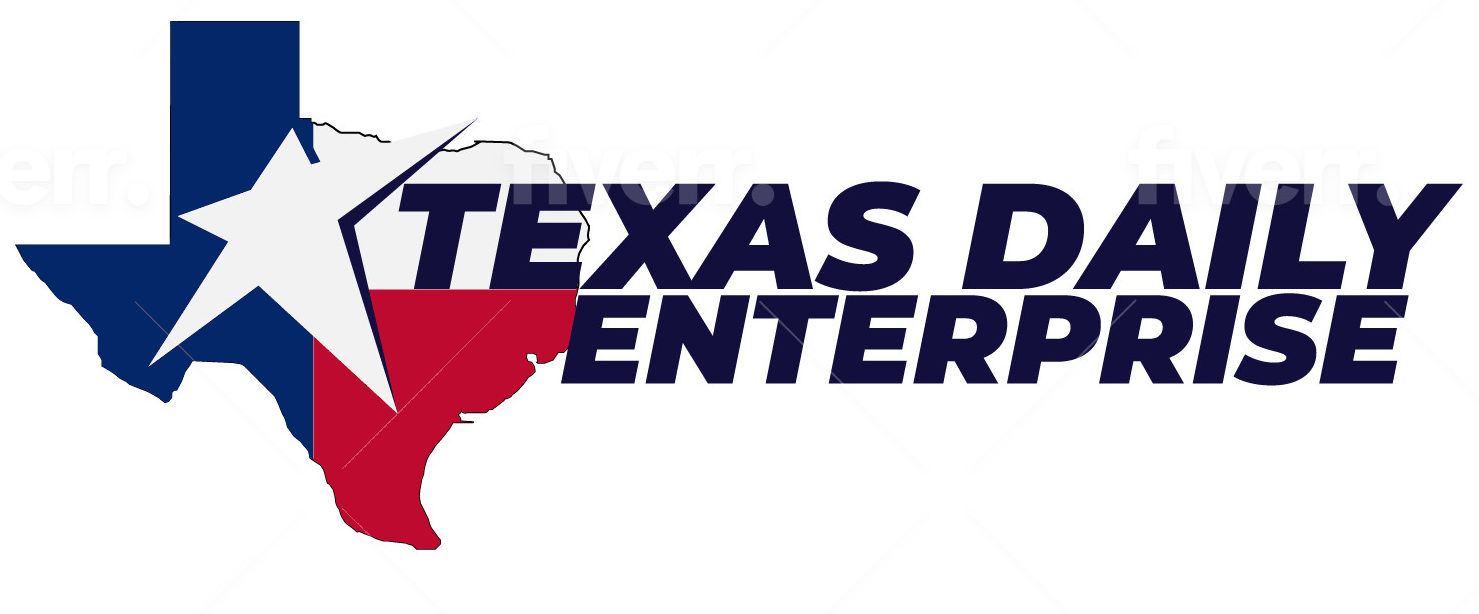Six U.S. Army Leadership Principles, Values & Traits To Live By
We all know Army leaders who excelled in retirement. General of the Army Dwight Eisenhower served as our President. General Colin Powell became Secretary of State. Recently, General David Petraeus was confirmed as CIA Director. And we see Colonel Jack Jacobs, a Medal of Honor winner, on television as a respected commentator on military matters. Many younger officers who leave the Army to enter the private sector succeed when they use the leadership skills they have learned while serving their country.
Military leadership values — in the Army and the other services — apply in the private sector as they do in the service. It is important to note that leadership and management are two different things. Taking troops into battle is an example of leadership, as reflected in the infantry motto “Follow Me.” Management, on the other hand, is about function. Running the best base camp or an efficient finance office are management functions. Both are important, but they are very different. Let’s look at Army leadership values.
1. Moral strength & character
In the military, officers must comply with military laws and regulations. Similarly, business leaders confront ethical and legal questions and must resolve them properly. An Army lawyer I knew in Vietnam told the general he worked for that it was improper for the general to tell his staff that disagreements were signs of disloyalty and of communism. It cost the lawyer a top rating, but ultimately the general — for this and other incidents — was forced to retire. He was brought down, not for committing a crime, but for failure to show command leadership and follow Army regulations.
2. Ability to resist being a “yes” person
Senior executives, like military commanders, are best served by advisers who tell them what they need to hear, not what they want to hear. It’s part of the job. Good commanders and business executives want the best advice. They will make the final decision at which point staff falls into line.
3. Concern for subordinates
Military commanders in combat zones send the best food and equipment to front-line troops. These commanders regularly visit and genuinely care for their troops. Subordinates will follow these officers anywhere. Business leaders send the same message, for example, by flying with employees in coach class rather than business or first when they travel together.
4. High standards of personal conduct
This is a powerful value. When leaders act ethically and insist everyone does the same, that value becomes the norm. In the private sector, I’ve seen senior managers fired for skimming expense accounts and taking valuable favors from customers and clients. In the fog of war, the temptation to enrich oneself is high. Those who do usually are caught and removed.
5. Full accountability for actions of self and subordinates
A military officer does not make excuses. He or she takes responsibility for failure and shares praise upon success. Command leadership requires the type of accountability that does not accept ambivalence.
In his book Beetle, D.K.R. Crosswell describes General George Marshall’s leadership style, exemplified in one of his favorite sayings: “Gentlemen, don’t fight the problem. Solve it.” Marshall defended his staff when they followed his instructions. Loyalty up, loyalty down.
I worked at AIG when our chairman was Hank Greenberg, a decorated veteran of the Normandy landing. Mr. Greenberg had a demanding reputation. He did not accept excuses. He would, however, usually give someone who acknowledged error the chance to correct the shortfall in the next business cycle and not fire them summarily.
6. Setting and enforcing high-performance standards
In the military and in business, high leadership standards filter down and are adopted when it’s clear that these standards are the only acceptable level of performance. Years ago while I was a junior attorney at Xerox Corporation, my boss — a navy veteran — told me that every memorandum I write must be of a standard that would pass muster by the general counsel. In the Army, I’ve had bosses who had the same dedication to top-level work. It’s the only goal to set.
The Army has a tough up-or-out policy, and usually only the best and brightest officers make senior officer rank. They don’t make it without exhibiting leadership qualities. Those who do earn senior ranks fill jobs of great responsibility and serve their country well.
One cautionary note: Officers entering the private sector have to earn their stripes and often have to take one step backward before taking two forward. Once learning the substance of the new business, they will be able to use the leadership abilities that marked their success while in uniform. Don’t expect a white knight instantly.
Takeaways
- Moral strength & character are vital attributes for corporate and military leaders alike
- Strong leaders set and enforce high-performance standards while also caring for their subordinates
Ernest Auerbach is a retired Army officer who served in Germany, Vietnam and the Pentagon.

Formerly with Xerox, CIGNA, New York LIfe, AIG and Anderson Consulting
Retired Executive
Ernest Auerbach is a recently retired corporate general manager who held senior positions in the U.S. and overseas at Xerox, CIGNA, New York Life Insurance International and AIG. He started and led the insurance practice in Mexico for Andersen Consulting. He is the author of Joining the Inner Circle, How to Make it as a Senior Executive, and numerous articles in the Wall Street Journal and other publications. He is a retired colonel, US Army. He lives with his wife in Austin.
